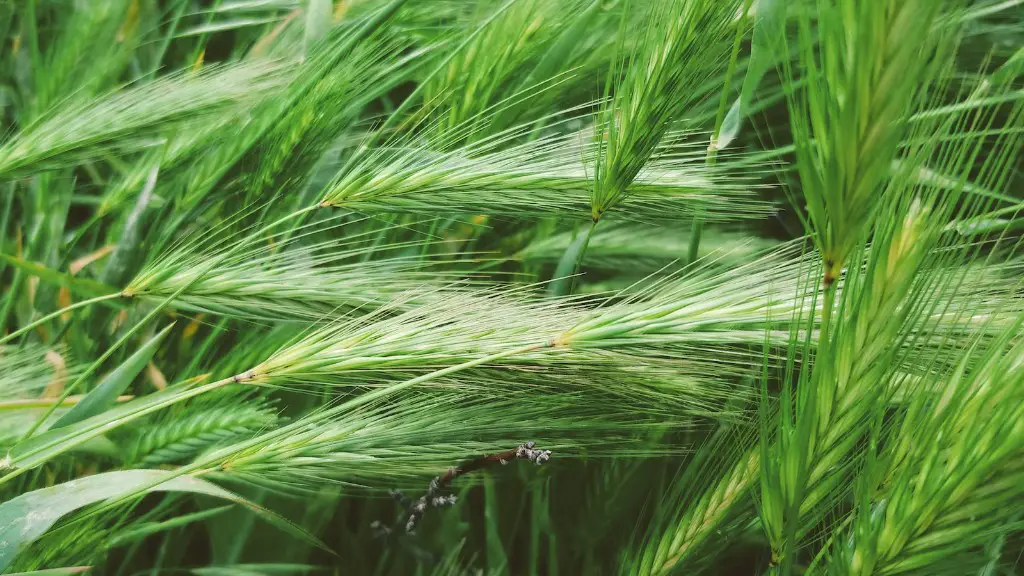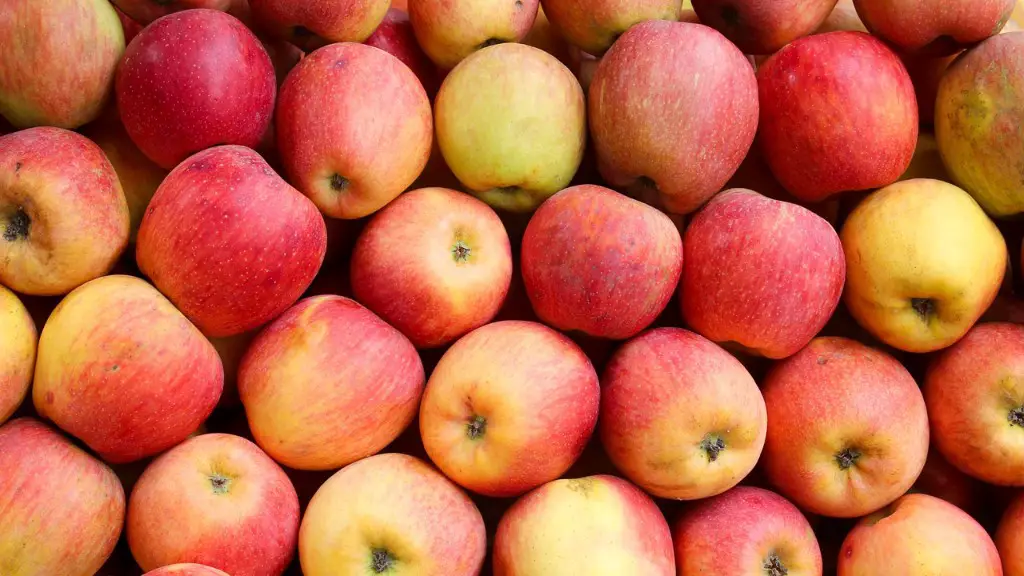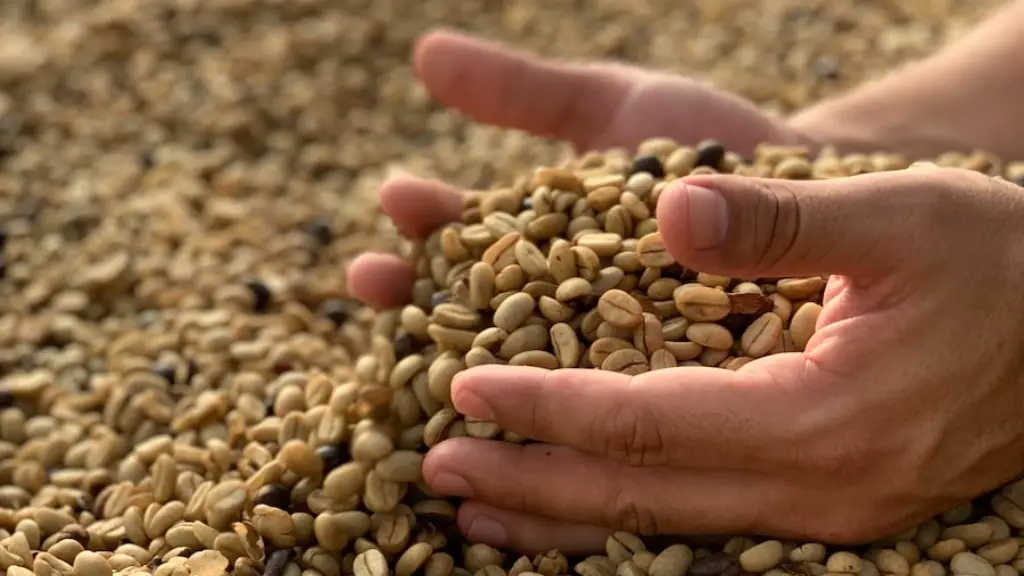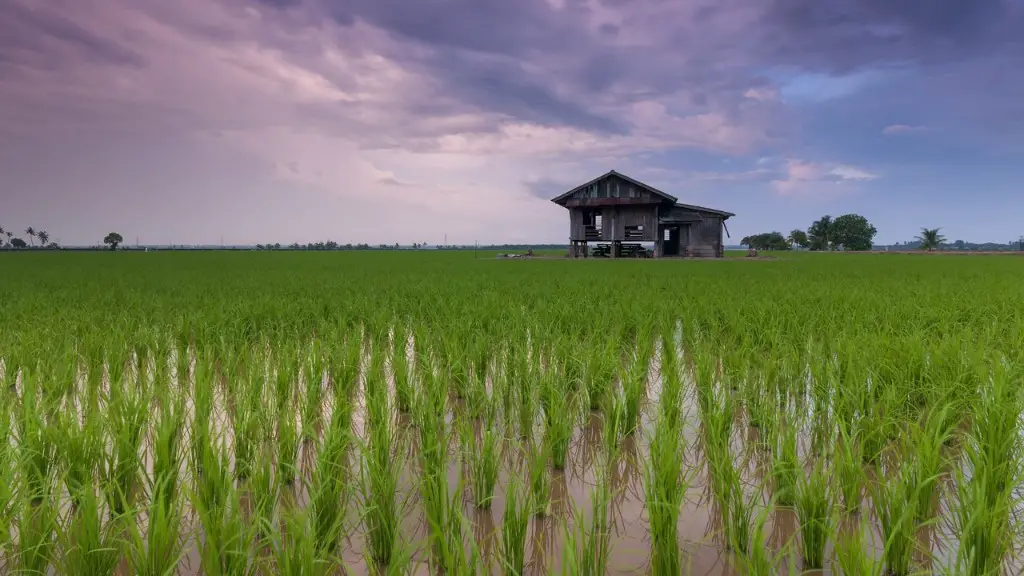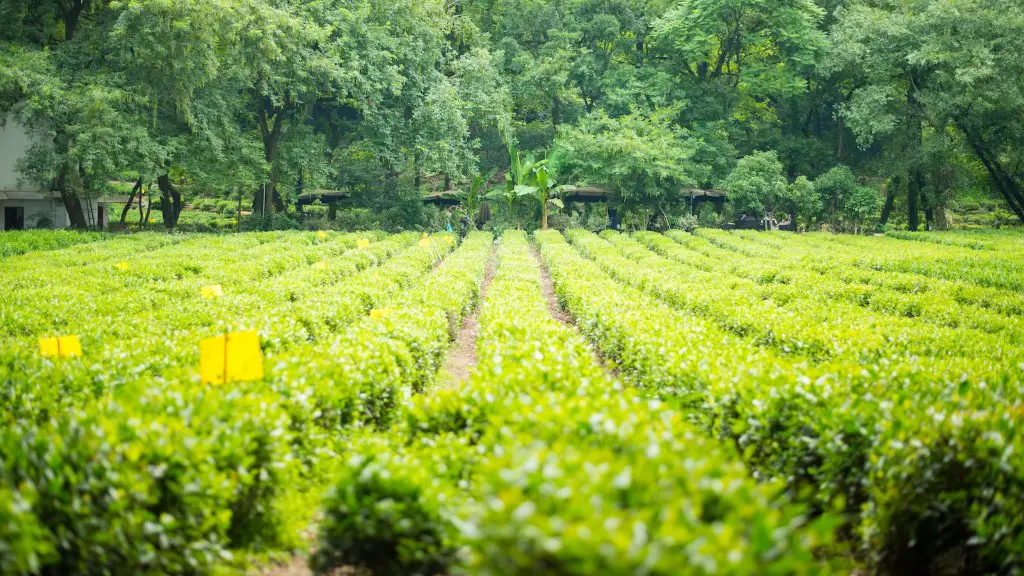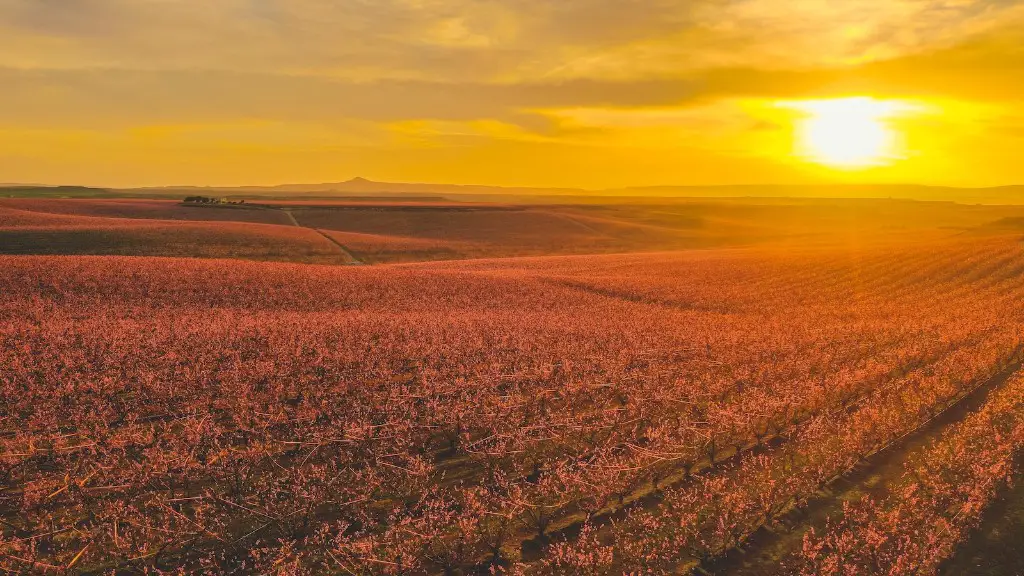If we did not have agriculture, life would be incredibly different. For one, we would not have domesticated animals, and would have to rely on hunting and scavenging for food. This would mean that we would likely have to live in smaller groups, as it would be difficult to feed a large number of people without agriculture. We would also have to spend a lot more time looking for food, as we would not be able to cultivate crops. This would likely lead to a less settled way of life, as we would have to be constantly on the move in order to find food. Agriculture has allowed us to live in larger groups, with more complex social structures. It has also allowed us to have a more settled way of life, as we can remain in one place and cultivate crops.
Without agriculture, life would be incredibly different. Nearly all of the food that we eat comes from agriculture in some way, shape, or form. Fruits, vegetables, grains, and meat are all products of agriculture. If we did not have agriculture, we would have to find other ways to obtain food, which would be much more difficult and potentially dangerous. Additionally, agriculture provides many jobs and is a major industry in many countries. Without agriculture, those jobs would be lost and the economy would suffer.
What would happen if there was no agriculture?
It is estimated that without agriculture, the human population would be restricted to a semi-nomadic lifestyle. This means that the number of elephants, lions, tigers, and whales would be significantly higher than it is today.
Agriculture plays a vital role in society and the economy. It provides food for people to consume, raw materials for industries, and jobs for people to support their families. Agriculture also helps to build strong economies through trade.
How did agriculture change life
Domesticity allowed humans to transition from a nomadic, hunter-gatherer lifestyle to a more settled way of life. Families and larger groups were able to build communities and establish domesticated animals and plants, which provided them with a more reliable source of food and other resources. This change in lifestyle allowed humans to develop new technologies and ways of interacting with their environment.
Thank you for your question. Agriculture is responsible for the clothes we wear, the food we eat, and the homes we live in. Without it, we would be naked, lacking the nutrients we need for survival, unprotected, and hungry. We rely on agriculture for everything from the clothes we wear to the food we eat to the homes we live in. Thank you for supporting agriculture and for everything it does for us!
Can you imagine a world without agriculture?
It is impossible to imagine a world without agriculture. Agriculture satisfies the basic need for food for millions of people and live stocks. It provides raw materials for agro-based industries. Export of agricultural produces help in the development of Country’s economy.
Agriculture is the main source of raw materials for many industries, including cotton and jute fabric, sugar, tobacco, and edible and non-edible oils. Many other industries, such as processing of fruits and vegetables and rice husking, also get their raw materials mainly from agriculture.
What are three reasons agriculture is important to humans?
Agriculture is important as it provides food, clothing, and shelter. It helps people to enjoy a higher quality of life. Agriculture also provides other benefits such as food security, environmental protection, and economic development.
More abundant food supplies could support denser populations, and farming tied people to their land. Small settlements grew into towns, and towns grew into cities. Agriculture produced enough food that people became free to pursue interests other than worrying about what they were going to eat that day. This led to the development of civilizations and the rise of cities.
What is the main impact of agriculture
Agriculture is the leading source of pollution in many countries Pesticides, fertilizers and other toxic farm chemicals can poison fresh water, marine ecosystems, air and soil They also can remain in the environment for generations.
Agriculture is the leading source of pollution in many countries. Pesticides, fertilizers and other toxic farm chemicals can poison fresh water, marine ecosystems, air and soil. They also can remain in the environment for generations.
Toxic farm chemicals can contaminate groundwater and surface water, making them unsafe for drinking, irrigation and recreation. They also can pollute the air, causing respiratory problems, and damage soil, destroying vegetation.
Farmers can reduce pollution by using environmentally friendly practices, such as planting cover crops, rotating crops and using organic fertilizers.
The Agricultural Revolution was a significant moment in human history as it marked the shift from hunting and gathering to agriculture. This change had a profound impact on humanity, shaping the way we live today. The Agricultural Revolution allowed for the development of civilizations and the growth of populations. It also had a major impact on the environment, as the clearing of land for agriculture altered the landscape. The Agricultural Revolution was a significant step in human history and its effects can still be seen today.
What are 3 effects of agriculture on the environment?
This type of farming is not sustainable in the long term because it depletes the resources it relies on and damages the environment.
Agriculture plays an important role in Nigeria, both in terms of providing food for human consumption and raw materials for industry. It is also a major source of employment, and contributes to the country’s foreign exchange earnings and export earnings.
What is agriculture and why is it so important
Agriculture is a vital part of any nation’s economic structure. It is an important source of food, fiber, and other crop products. It also plays a key role in the country’s overall health and well-being.
The way of life in an agricultural society is generally more settled than that of nomadic hunter-gatherers or semi-nomadic pastoralists. This is because people in agricultural societies live permanently near the land that is farmed.
Why was life better after the agricultural revolution?
The Agricultural Revolution was a pivotal moment in human history, and set the foundation for what we know as modern human life. The ability to stay in one general area and cultivate our own food made life much more manageable, and allowed for the growth of human society in terms of culture, technology, and more. The Agricultural Revolution was a key factor in the development of civilization as we know it, and has had a profound impact on the course of human history.
The gathered food would have been the plants and fruits that they found while they were hunting. This would have been a very difficult and time-consuming way to get food. When farming began, people didn’t have to travel to find food. They could stay in one place and grow crops or raise animals. This would have been much easier and more efficient.
Conclusion
If there was no agriculture, life would be incredibly different. One of the main differences would be that there would be no domesticated animals. This means that there would be no livestock, and no pets. Another difference is that there would be no crops, so people would have to forage for food. This would likely lead to a decrease in the population, as well as in the average lifespan.
The world would be a very different place without agriculture. The human population would be much smaller, and the world would be covered in forest. There would be no domesticated animals, and no crops. People would have to forage for food, and the diet would be very different. There would be no agricultural products like cotton or tobacco.
